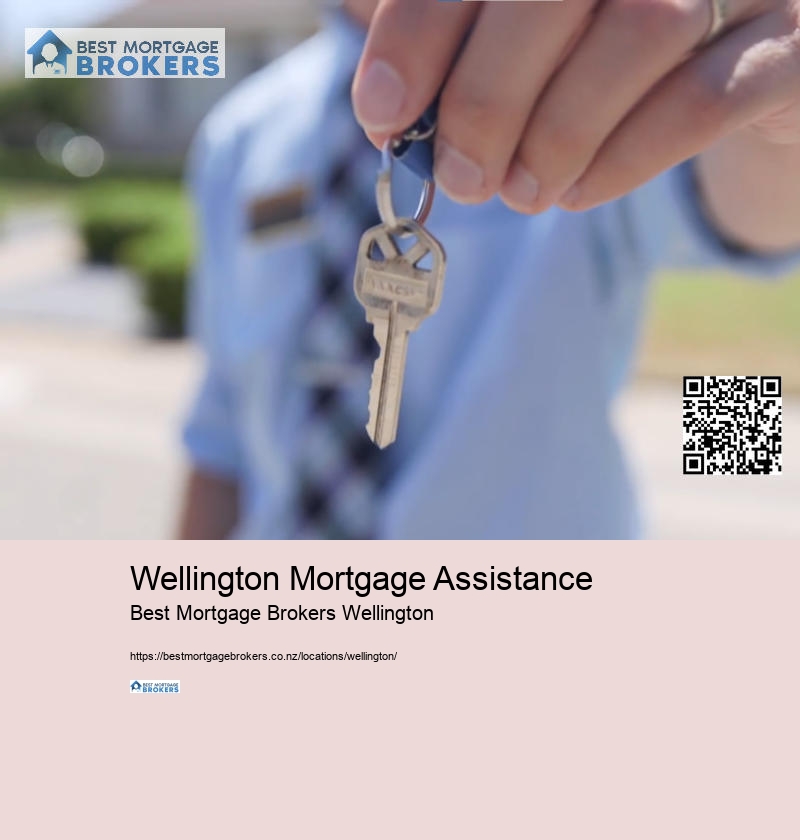Wellington Mortgage Assistance
financial consultation
Budgeting plays a crucial role in managing your finances effectively and demonstrating to lenders that you are a responsible borrower.
Wellington Mortgage Assistance - financial consultation
- mortgage broker
- property goals
- mortgages
- first home buyers
- refinance
- financial expertise
- home buyers
- debt consolidation
- goal-oriented financial planning
- first home
Additionally, having a solid budget in place can prevent you from overspending, accumulating unnecessary debt, and falling behind on payments. Moreover, budgeting allows you to save for a down payment, closing costs, and other homeownership expenses, putting you in a better position to secure a mortgage with favorable terms.
When choosing a mortgage, it's crucial to consider the various term options available. Mortgage term refers to the length of time over which you agree to repay your home loan.
Each term length has its pros and cons, so it's essential to choose one that aligns with your financial goals and circumstances. A shorter mortgage term, such as 15 years, typically comes with higher monthly payments but allows you to pay off your loan faster and save on interest payments in the long run.




